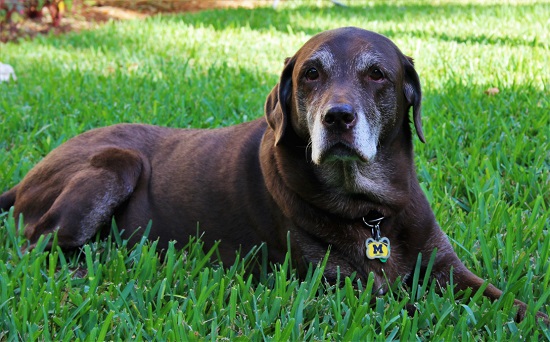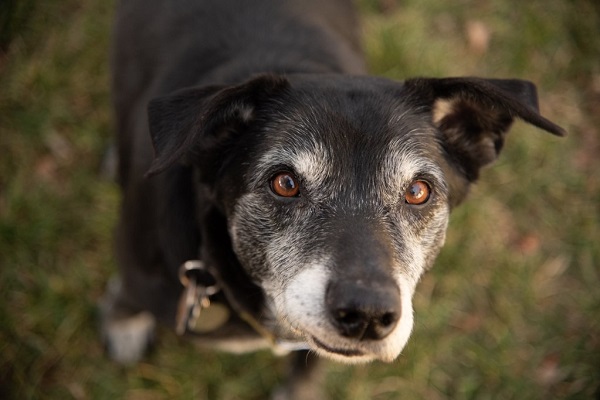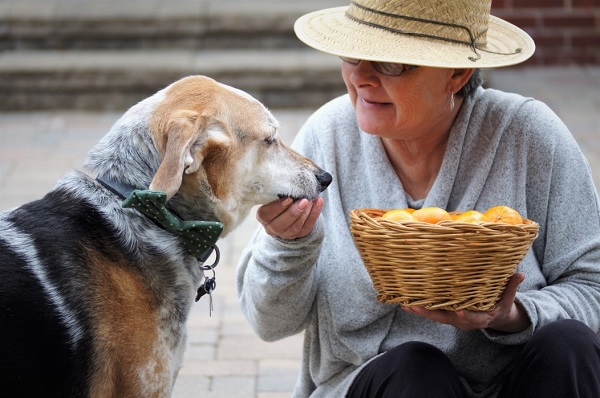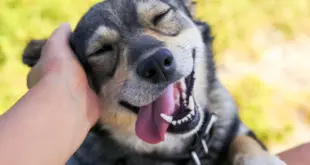It is never too late to start training your dog, even if your pet dog is a grown-up. Maybe you have adopted or rescued your dog when it is already an adult. So, keeping yourself and others around your pet safe would be best. Then the question arises whether it is possible to train those dogs. You can start training a dog anytime.
Training becomes essential when you have adopted an untrained dog. It gives your dog attention, and training together becomes a great time to bond. Adult dogs take time to learn. But with patience and practice, the senior dogs will also learn to listen and obey.
You need to keep a positive approach. We associate it with puppy training when we speak about training a dog. But sometimes, we need to train the older dogs, especially if it has not been trained properly when it was a puppy. The reason may be any.
One great advantage of training adult dogs is that they have a longer attention span and self-control than younger dogs. While puppies can pick things up quickly, you can train the dog at any age.

- How to Train an Older Dog – Most valuable tips
- Try to find out what your dog already knows
- Give your dog potty training
- Keep short and simple training sessions
- Solve the problem of barking
- Keep in mind the limitations
- Conclusion
- Subscribe to Our Newsletter
How to Train an Older Dog – Most valuable tips
Try to find out what your dog already knows
The first step of training an older dog is understanding what habits it has already picked up. If the dogs are rescued or adopted by following them for a few days, you will be able to tell what they already know about general household manners.
It is also significant to find out whether the dogs have picked up some bad habits in the past. You must ensure that dogs get rid of such habits at the beginning of the training. Most older dogs who did not have proper training pick up habits like chewing books, shoes, and newspapers or barking unnecessarily.
When you take an older dog home, you are unaware of what kind of environment it was raised in. You must first help the dog to understand the boundaries at your home.
Encourage him to bring the magazine instead of chewing it and tell it to be in its place when any guest comes to your place. It will not happen in a day, but the habits will change slowly.
Dogs will always be eager to please the people in the house. So, with some motivation, they will learn what makes them happy. Give them treats if they can do the jobs successfully.
Give your dog potty training
One area where you must focus at the very beginning is how much the dog is toilet trained. It is significant to start potty training right away when you bring the dog home. Remember to treat it just like a puppy and keep training it accordingly. Returning to the basics and handling them just like a puppy can work wonders when training an adult dog.
Look for any cue your pet signals whenever it needs to use the bathroom. Take him or her out immediately. Establish a potty time when you will take your pet out every day.
It will let your dog create a connection. Use the same phrase, “go to the potty,” each time you take it out. It will take time to register. Never forget to praise your dog immediately after going potty outside.

Keep short and simple training sessions
To begin with, keep the training sessions short. For, say, 15 minutes daily. You did not know what kind of prior training experience the dog had.
It may not be a fond memory of training. So, your dog can be reluctant and show no interest initially. Be patient and repeat the same steps until your dog picks it up.
If you try to use rigorous training for a longer duration, expecting your dog to learn faster, it can hurt its health. Instead, start with simple instructions like sit, shake hands, fetch the ball and find out the treat in your hand. These are ideal tricks to begin with. These will boost their confidence, and they will be eager to learn more.
Solve the problem of barking
With older dogs, barking can be a problem. Either you have noticed that your furry pet is barking too much, or your neighbor has alerted you. To deal with the issue, first, you need to find out why the dog is showing such behavior.
Usually, it is seen that most dog barks when the house is empty. If this is the case with you, give the dog something to do during that time. It can be a chew toy or some stuffed toy with which it can play while you are away.
Sometimes, it is seen that those dogs kept outside bark much more than those inside the house. Maybe some outside sound or other dogs trigger such behavior. In that case, try to keep your pet inside the house. Switch on the television or radio to minimize the outside noises.

Keep in mind the limitations
Older dogs will have some limitations. With age, many physical and mental changes will occur, and their joints may become stiff. So, when you are planning to train an older dog, plan programs that will be suitable and age-appropriate.
For example, if the dog has arthritis, teaching it to fetch the ball from a longer distance or jump the high bars will not be the appropriate choice. If you see the dog is not enjoying the training session and becoming mentally and physically tired, stop the session.
Let your pet take some rest before you start again. Take short steps, set realistic goals, and work towards achieving them slowly. After all, creating a secure and safe space for your dog to live is significant.
Conclusion
Never consider your senior dog as retired. A positive training program can be physically and mentally stimulating for your canine friend. Time shared in the training session will deepen the bond between you and your pet, and you can have great fun together.
Your senior dog also likes appreciation, treats, and cuddles. So, whenever your pet has achieved a milestone, appreciate it, or offer treats. Love, care, and a positive environment will help to achieve the desired goal of training your dog.
 Dog Street – Best Dogs Website In India | All Dog Latest News Portal
Dog Street – Best Dogs Website In India | All Dog Latest News Portal



